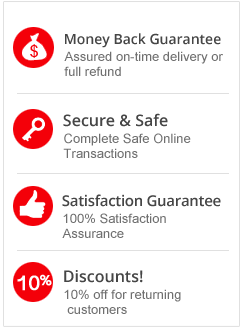What is Bulimia Nervosa?
Bulimia is an eating disorder that features binge eating. After the patient overeats, he gets conscious about gaining weight. He thus makes all efforts he can to lose the weight he has gained. This may include excessive exercising, very strict diet or even an attempt to vomit out what you have eaten.
What are the Symptoms of Bulimia?
There may be a few characteristic symptoms to reveal that you are a bulimic. Here we have listed a few of these symptoms.
- No control over eating
You may lack proper control over your eating habits. You may not be able to avoid the temptation to binge eat. Later you face the regular guilt and stress related to overeating.
- Having Large Amounts of Food
When you dine, you may have unusually large amounts of food. You may not be able to control this even if you wish.
- Secrecy Regarding Your Eating Habits
You may try to hide from others your regular eating schedules. You may visit the kitchen after everyone has gone to sleep. You may secretly go out to fetch some food for yourself.
- Alternate Spasms of Fasting and Overeating
You may not have a regular balanced diet. Instead, you may alternately overeat and then fast to control your weight.
What are the Risks Related To Bulimia?
Like any other disorders there definitely are, some frightening risks related to Bulimia too. Here we have listed a few of the most common risks related to Bulimia.
- You may suffer from bloating or abdominal pain.
- You may grow dizzy or weak.
- You may suffer from oral problems like tooth decay and sore mouth.
- Difficulty in having the proper menstrual cycle.
- Salivary glands and cheeks will get swollen.
- The blood vessels in the eye will break.
- You may even suffer from chronic constipation due to use of laxatives.
How to Deal With Bulimia?
The first step to cure bulimia is to identify you have a problem. When you identify your problem, you will accept treatment more easily. Here are a few simple steps to deal with this eating disorder.
- Accept that you are Bulimic
You must understand that you must change your eating habits. Your body is lacking proper nutrition due to your improper eating habits.
- Interact with Those Close To You
You should interact with your dear ones about the problem you are facing. This will help you cope with your problem more easily. It will also help you improve your self esteem.
- Control Your Temptation To Binge or Purge
There may be some places or people that provoke you to binge or purge. Stay away from such temptations.
- Ask For Professional Help
If and when you think it is getting serious, you must seek the help of professionals. They will be able to identify your problems better.


 Cart : 0 items - $0.00
Cart : 0 items - $0.00











